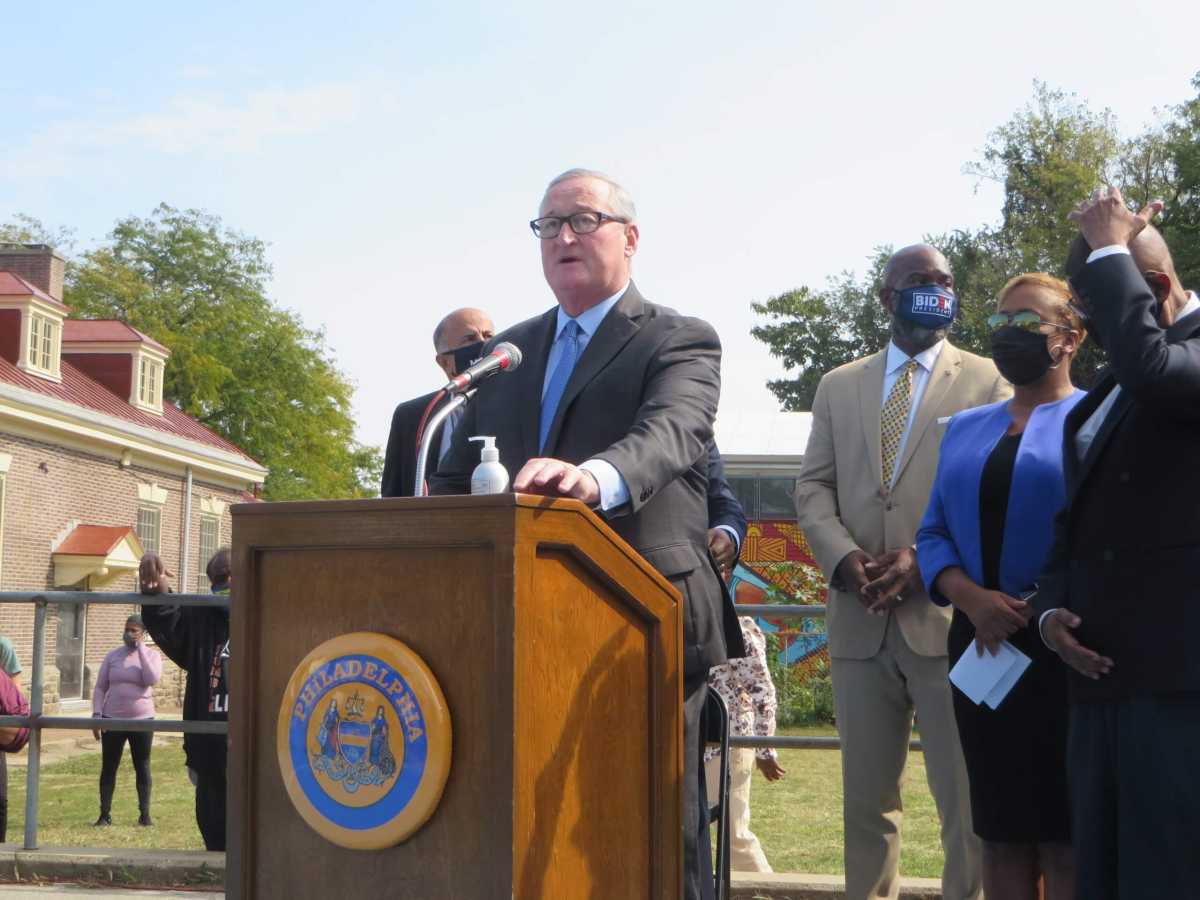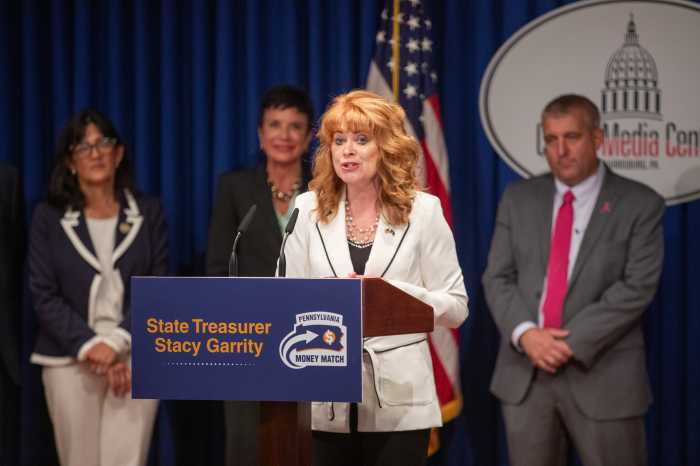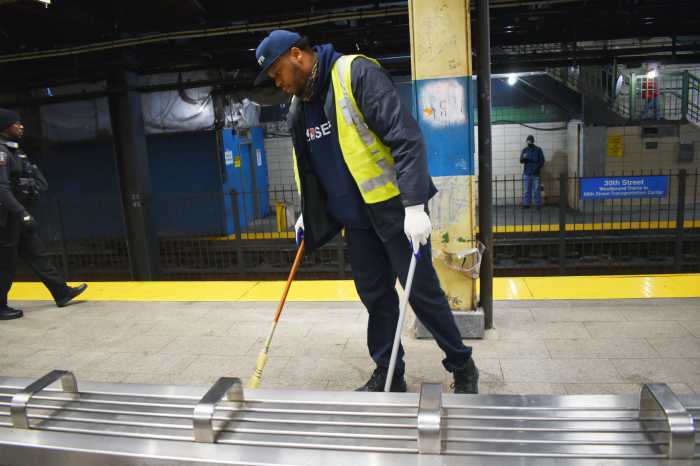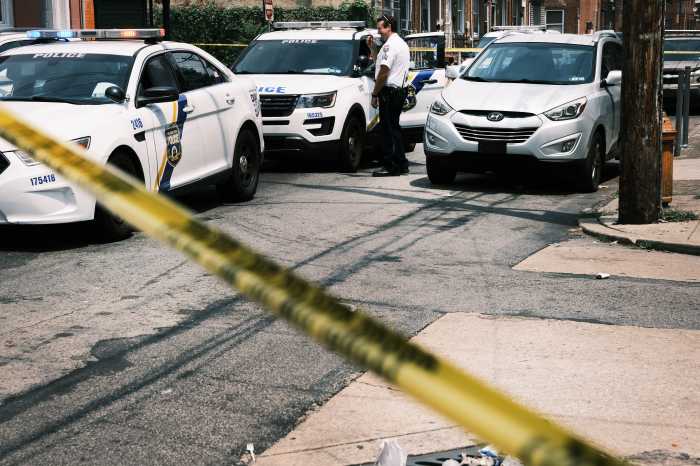Knowledge is power, and the best way to gain knowledge on the City of Philadelphia is to go right to the top. Every month, Metro will ask Mayor Jim Kenney questions pertaining to what is currently happening in the City of Brotherly Love—to get answers, give residents peace of mind and give each of us the power of being informed. Here is what Kenney had to say about recent news in Philadelphia.
Some Philadelphia schools are slated to reopen for in-class learning on Jan. 25. What steps are being taken to ensure the safety of teachers, staff and students?
Many private and parochial schools have been open since September and have done a good job at preventing COVID spread. The Department of Public Health has provided all area schools with reopening guidance which is available HERE. Among the top recommendations to ensure the safety of students and staff are:
- Promote social distancing through physical distancing, modifying activities, and cohorting of students.
- Keep school clean through intensified cleaning and disinfecting practices.
- Promote healthy habits, including hand hygiene and mask use by students, teachers, and staff.
- Screen students, teachers, and staff for symptoms daily.
- Plan for when someone becomes sick or potentially exposed to COVID.
- Optimizing ventilation when possible.
The city and school district have been working together closely and it’s my sincere hope that our school buildings can reopen to students as soon as possible.
According to the city’s top health official, at the current pace of vaccine distribution, it could take more than a year to vaccinate Philadelphia’s population against the novel coronavirus. Is it possible for that timeline to change? What should Philadelphians know about the vaccine and how to get it?
At the current pace of vaccines being received by the Health Department and healthcare organizations, it could take more than a year to vaccinate everyone. But we won’t be at this pace for long. Due to recent changes by the U.S. Department of Health and Human Services, and what we’ve heard from President-Elect Biden’s team, we expect the number of vaccine doses coming into Philadelphia to double. And the Health Department is keeping a close eye on other vaccines that are currently in clinical trials. The more vaccines that are approved, the more vaccines that we can give out.
The Health Department has told me that they want to vaccinate every single person in Philadelphia. Because we don’t have enough vaccines right now, they are giving vaccines to people who are at the highest risk of catching the virus and people who are at the highest risk of going to the hospital and dying from it first. As they get more vaccines in, they’ll begin offering it to more people. Stay tuned to the city’s COVID website at phila.gov/COVID, and pay attention to our local media outlets to learn when you are eligible.
Philadelphia has been in a national spotlight regarding how mail-in ballots were counted in the presidential election. What are your thoughts on how this situation was handled?
I’m extremely proud of our city, residents who voted and patiently awaited results, those who took the streets to demand every vote be counted, and everyone involved in election operations. Nothing was more important to me and the City Commissioners than Philadelphia running a fair and accurate election according to the laws of this Commonwealth and that’s exactly what we did.
There was a massive interagency planning effort to prepare for all possible scenarios related to Election Day as well as the days that follow as the nation awaited the results. We prioritized making sure everyone could access their polling places and vote; that no one will be permitted to unlawfully interfere with someone’s right to vote; and that all ballots properly cast were counted.
All eyes were on Philadelphia and it was the thrill of a lifetime when our votes enabled the Commonwealth to turn blue and the race to be called for President-Elect Biden.
Following the attacks on the U.S. Capitol Building, how is Philadelphia preparing for any potential violence that might coincide with President-Elect Joe Biden’s inauguration?
Following the events in Washington D.C., the Philadelphia Police Department continues to monitor for any developments relevant to Philadelphia. At this time, there are no known specific threats against our city; but PPD is prepared to activate with additional personnel to secure and patrol strategic locations throughout the city in the coming days if needed. The safety and well-being of Philadelphians is our top priority, and we will continue to monitor the situation.
Last year’s violence increased tremendously with more than 2,000 Philadelphains shot. This year has already seen violence in its first weeks. You recently announced the new Office of Policy and Strategic Initiatives for Criminal Justice and Public Safety on top of other groups and actions being taken. What are you hoping the office and groups achieve in 2021?
Last year’s increase in violence brought us constant heartbreak, along with a renewed effort to stem the tide. This new office represents the Administration’s realignment of our violence reduction goals, with an enhanced holistic approach by highlighting the many rich assets in every community as valued partners in this work.
The Office of Policy and Strategic Initiatives for Criminal Justice and Public Safety refocuses the work performed by the Office of Violence Prevention, Office of Criminal Justice, Office of Reentry Partnerships and Town Watch Integrated Services into a grassroots and community-driven dynamic to reduce violence, strengthen the bridge between neighborhood and city government, and boost support for returning citizens while enacting the criminal justice reforms we need, which are a result of decades of systemic racism and inequality.































